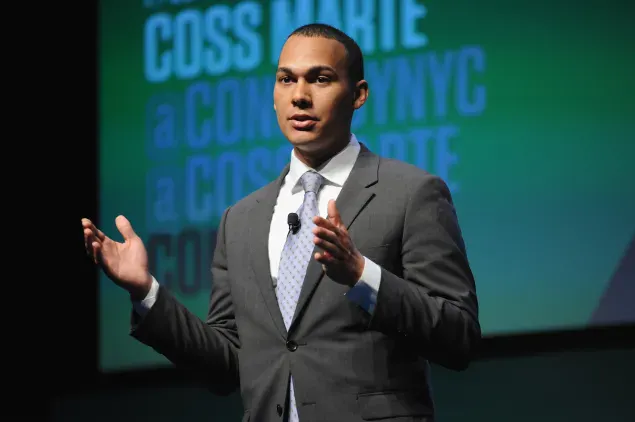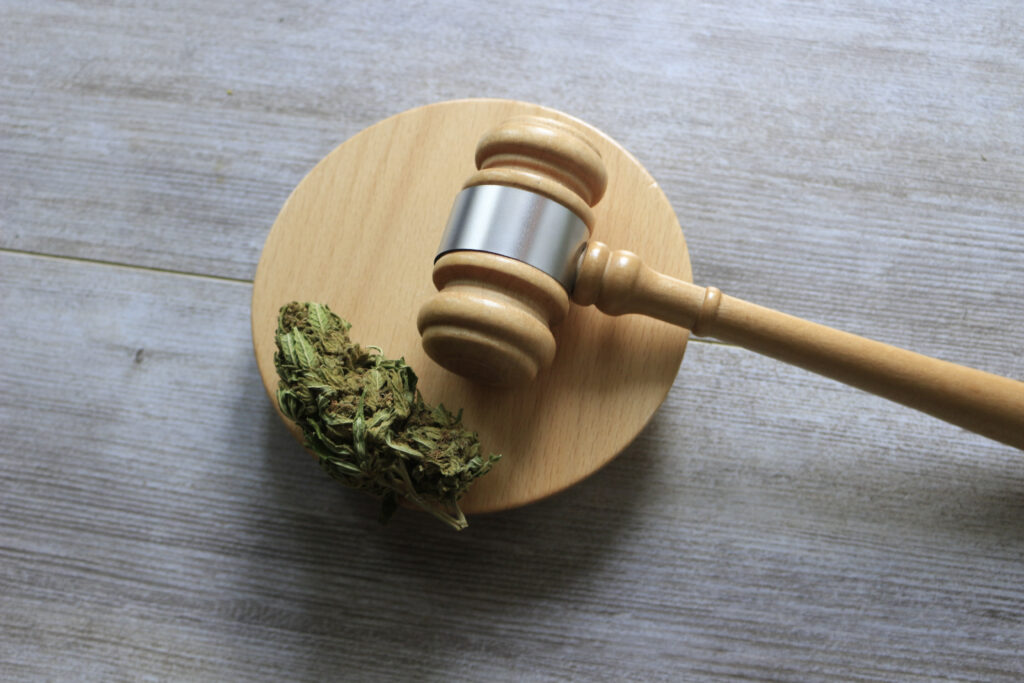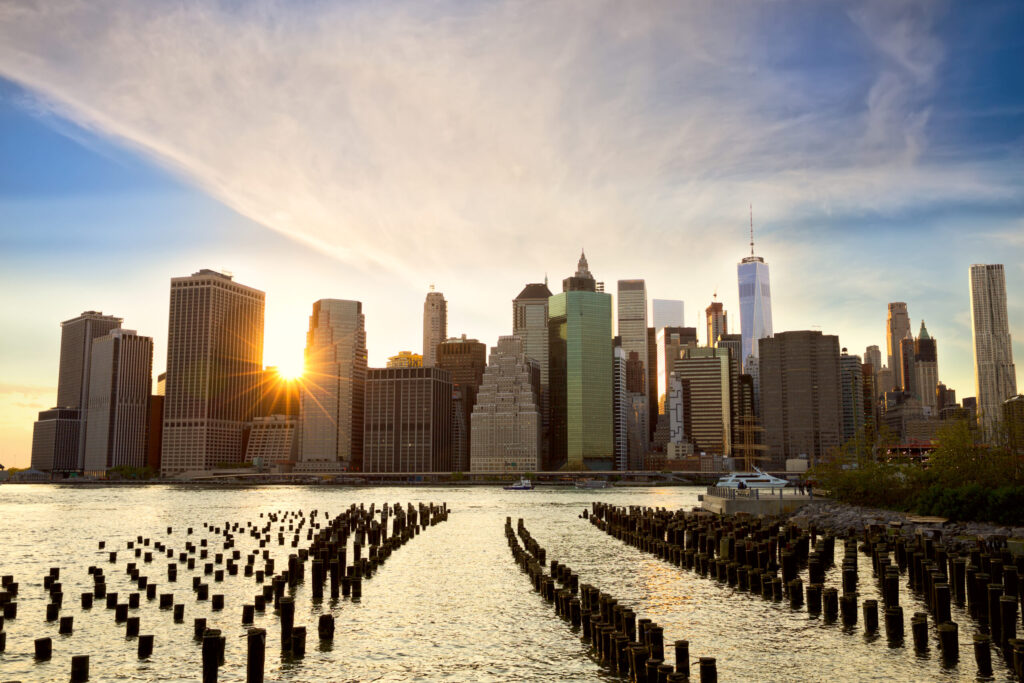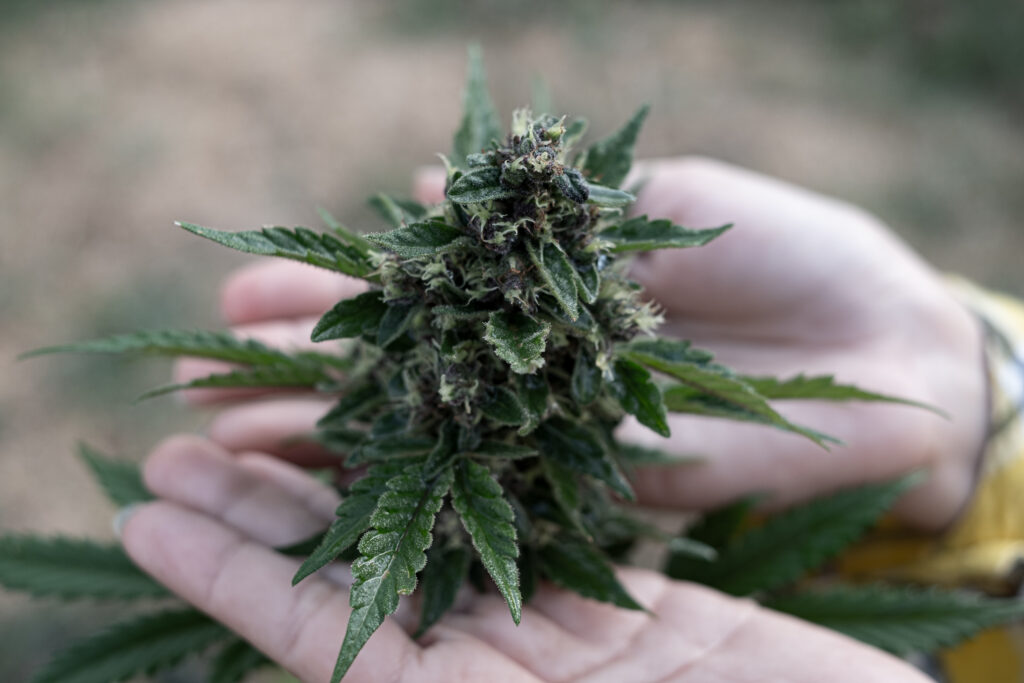The legalization of cannabis in the Lower East Side and Lower Manhattan has ushered in a new era of economic possibilities. As this vibrant area embraces the burgeoning industry, the economic impact of cannabis is becoming increasingly significant. This article explores how cannabis is transforming the economy of Lower Manhattan, creating jobs, generating tax revenue, and influencing ancillary industries.
A New Revenue Stream for the Community
One of the most immediate economic impacts of cannabis legalization is the generation of substantial tax revenue. The state imposes taxes on cannabis sales, which are then funneled into various public sectors. These funds are allocated to education, healthcare, and community programs, particularly in areas disproportionately affected by previous cannabis prohibition laws.
According to projections, the cannabis economy in the Lower East Side could generate hundreds of millions of dollars annually in tax revenue. This influx of funds provides the community with additional resources to address budget shortfalls and invest in critical infrastructure projects.
Job Creation and Economic Opportunities
The cannabis industry is a catalyst for job creation in Lower Manhattan. From cultivation and production to retail and distribution, the sector offers a wide range of employment opportunities. Positions in this industry include budtenders, horticulturists, marketing professionals, security personnel, and compliance experts.
Small businesses and entrepreneurs are also finding opportunities in the local cannabis economy. The rise of dispensaries, like CONBUD, and delivery services create a demand for local goods and services, stimulating economic activity in related sectors such as real estate, legal services, and technology.
Boosting Ancillary Industries
Beyond the direct impact, the cannabis industry supports various ancillary industries. For instance:
- Real Estate: The demand for commercial spaces suitable for dispensaries, cultivation centers, and processing facilities has increased. Property owners and developers are capitalizing on this trend by repurposing and leasing spaces to cannabis businesses.
- Tourism: Cannabis tourism is emerging as visitors seek to experience the unique cannabis culture of the Lower East Side. This trend benefits hotels, restaurants, and entertainment venues, contributing to the area’s overall economic vitality.
- Technology and Innovation: The need for compliance tracking, inventory management, and delivery logistics has spurred innovation in cannabis-related technology solutions. Tech startups are developing apps and software to meet these specialized needs, positioning Lower Manhattan as a hub for cannabis tech innovation.
Social Equity and Community Investment
New York’s cannabis legislation includes provisions aimed at promoting social equity. A portion of the tax revenue is earmarked for community reinvestment funds, which support job training, youth programs, and re-entry services for communities historically impacted by the war on drugs.
These initiatives not only foster economic growth but also aim to rectify past injustices by providing opportunities for marginalized groups to participate in the cannabis industry. By encouraging diversity and inclusion, the local cannabis economy becomes a more robust and socially responsible market.
Challenges and Considerations
While the economic impact of cannabis in the Lower East Side is promising, the industry faces challenges:
- Regulatory Compliance: Navigating the complex legal landscape requires significant resources. Businesses must adhere to stringent regulations regarding licensing, product testing, and marketing, which can be a barrier for small enterprises.
- Banking and Financial Services: Due to federal restrictions, many financial institutions are hesitant to work with cannabis businesses. This lack of access to traditional banking services complicates financial management and growth for these companies.
- Market Saturation: As more players enter the market, competition increases. Businesses must differentiate themselves through quality products and exceptional service to thrive.
The Future of the Lower Manhattan Cannabis Economy
The economic impact of cannabis in Lower Manhattan is expected to grow as the market matures. Continued investment in infrastructure, technology, and human capital will drive innovation and efficiency within the industry.
Policymakers and industry leaders are working together to create a sustainable framework that balances economic growth with social responsibility. By addressing challenges proactively and fostering an inclusive market, the Lower East Side can position itself as a leader in the state’s cannabis economy.
Conclusion
The legalization of cannabis presents a significant economic opportunity for the Lower East Side and Lower Manhattan. The industry’s impact extends beyond tax revenue and job creation; it stimulates ancillary industries, promotes social equity, and contributes to the area’s cultural and economic dynamism.
As the Lower East Side navigates this new landscape, the focus remains on building an industry that is economically beneficial, socially equitable, and sustainable for the long term. The economic impact of cannabis in Lower Manhattan is a testament to the community’s adaptability and its capacity to harness emerging markets for the benefit of its diverse population.
Experience the CONBUD Difference
If you’re interested in witnessing the positive economic impact firsthand, visit CONBUD, the premier cannabis dispensary in the Lower East Side. By supporting local businesses like CONBUD, you’re contributing to the growth and vitality of the community. Explore our wide range of quality cannabis products and join us in shaping a prosperous future for Lower Manhattan.
Visit us at:
85 Delancey Street, New York, NY 10002









